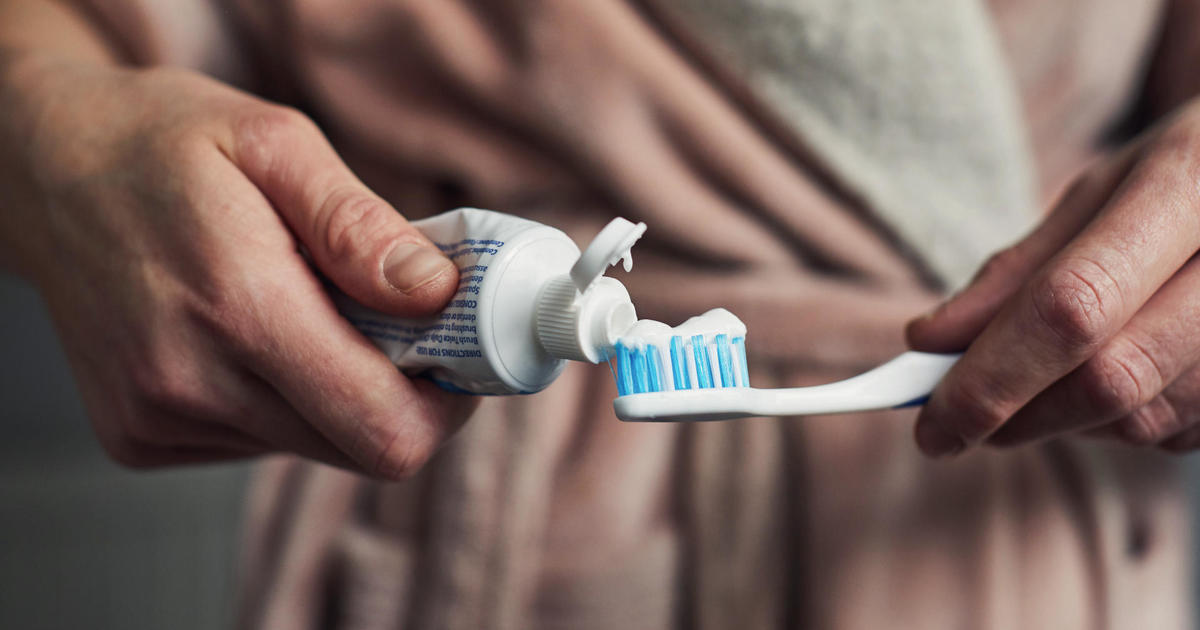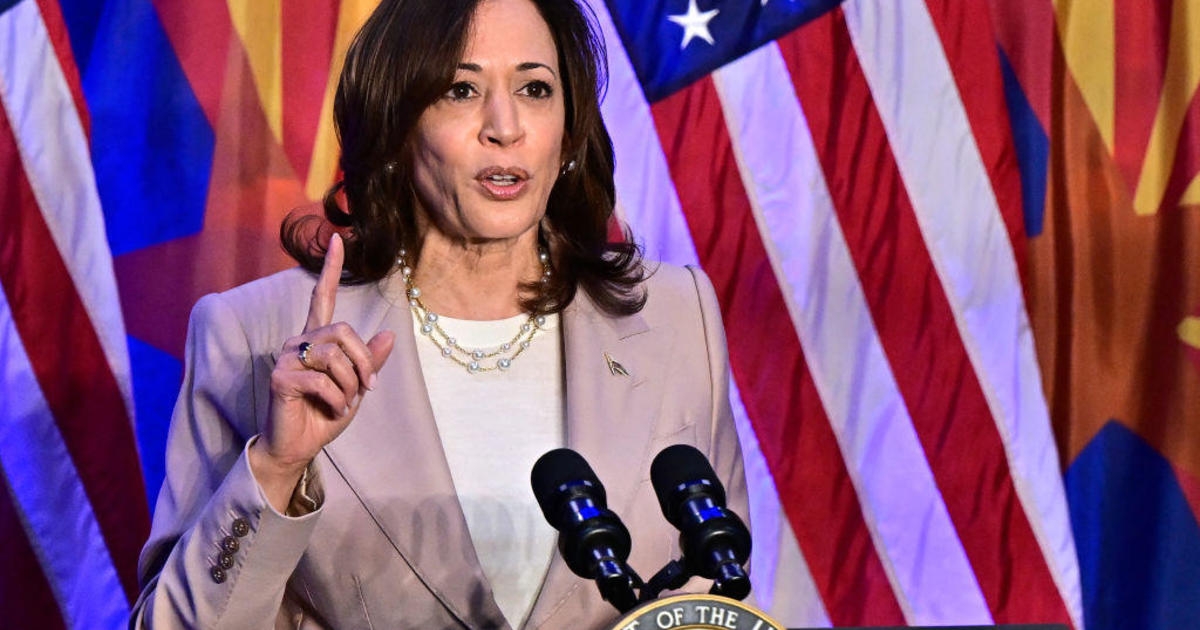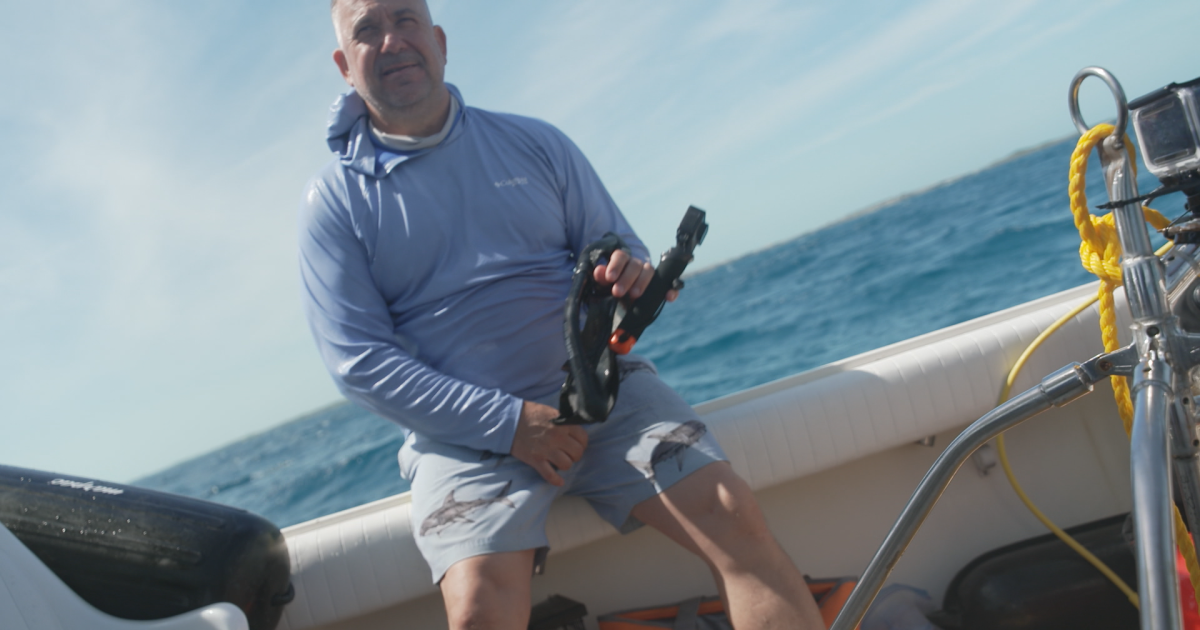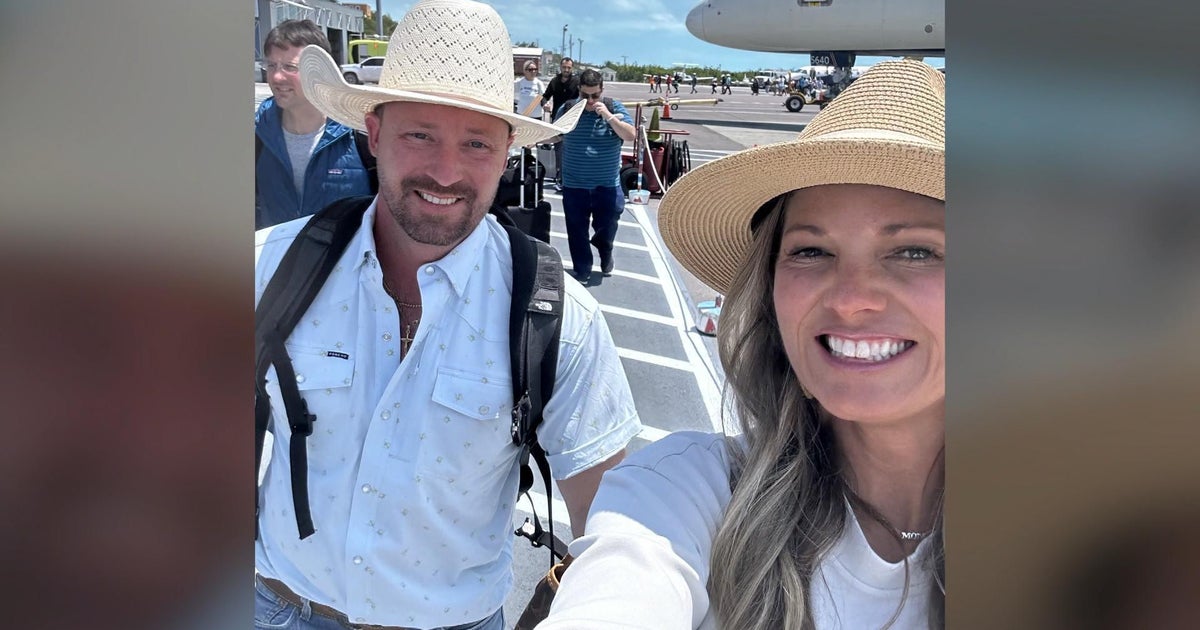"You have cancer": Sally Yates opens up about her diagnosis and what she wants other women to know
Former Deputy Attorney General Sally Yates is opening up about her experience battling breast cancer in an essay for CBSNews.com ahead of her interview with Norah O'Donnell on "CBS Evening News." Read her essay below.
It's never a good sign when you call a physician's office for test results, and you're transferred directly to the doctor.
When the radiologist who had conducted a biopsy of my breast tissue came on the line, I could hear the diagnosis in her voice before she uttered the words, "you have invasive breast cancer."
Instead of jumping into questions about my own health, I found myself empathizing with and even trying to comfort the doctor who was in the terrible position of having to break the news. "It must be so hard for you," I said. It's not that I'm a particularly selfless person; I'm confident that it was more of a coping mechanism to focus on taking care of my physician's emotional needs rather than immediately processing my diagnosis. My reaction was also reflexive. Women tend to take on a caretaking role of others but often are less attentive to taking care of ourselves. One basic but important way we can change that is to get a regular mammogram.
Each year, approximately 280,000 women in the U.S. are diagnosed with breast cancer. Many of those women are not as fortunate as I was. I had access to top-notch medical care and paid sick leave — benefits that, for many, are absolute necessities during a health crisis. The pandemic has significantly magnified shameful health disparities. People with unstable or low income, and particularly people of color, suffer worse survival rates for cancer as well as COVID-19. A recent Washington Post article revealed that, since the start of the pandemic, millions of health care providers and patients canceled cancer screenings and diagnostic tests. Many women struggling to provide for their families while schooling children from home, too often without insurance and regular physicians, didn't have timely diagnostic tests. This represents a looming public health crisis, since a delayed diagnosis can have a significant impact on a cancer patient's prognosis.
Whether one can access early detection methods and treatment — essentially, whether one lives or dies — shouldn't depend on one's race, ethnicity, zip code or bank account.
After hearing the words "you have cancer," nothing feels the same. But hearing those words sooner than later makes all the difference. Last July, I was a week out from a scheduled mammogram when I detected a lump in my breast. I was (mostly) confident that there was nothing to it; I have enjoyed good health all my life, and nothing felt amiss. However, after a series of tests and biopsies, I was diagnosed with invasive papillary cancer — a rare but not more dangerous form of breast cancer. I am very fortunate that my cancer was caught early and was slow growing. Following a double mastectomy, my prognosis is excellent.
My experience taught me that, no matter how healthy one feels, we never know what's lurking undetected. That's why getting regular diagnostic tests, like mammograms, is essential. I also learned that beyond taking care of our physical health, it's important not to set unrealistic standards for how we deal with unexpected bad news. When discussing my diagnosis or surgery, my adult children would chastise me for constantly deflecting their concern by saying how "lucky" I was to have caught the cancer early, before it progressed to my lymph nodes. I do feel incredibly grateful — and, in some ways, guilty — that so far, I've been dealt a positive cancer hand. But I've learned that it's not ungrateful to think, and even say, "this stinks." Counting your blessings and grieving over a situation are not mutually exclusive. In fact, recognizing the full spectrum of emotions can be helpful and even healing. I hope that this awareness will allow me to better support others navigating breast cancer, or any life challenge.
Despite having spent a fair amount of my professional life in the public eye, I'm a pretty private person when it comes to my personal life. But, whether you have a public platform or a small circle of friends, the cancer stakes are too high for the luxury of privacy. We need to talk about cancer. We need to share our stories. We need to encourage our family members, friends and colleagues to take charge of their health. This Breast Cancer Awareness Month, my hope is that more women will do their routine checks and schedule their regular mammograms, that our country will prioritize true health equity for all, and that every woman dealing with a breast cancer diagnosis gives herself the grace to allow others to help take care of her.



